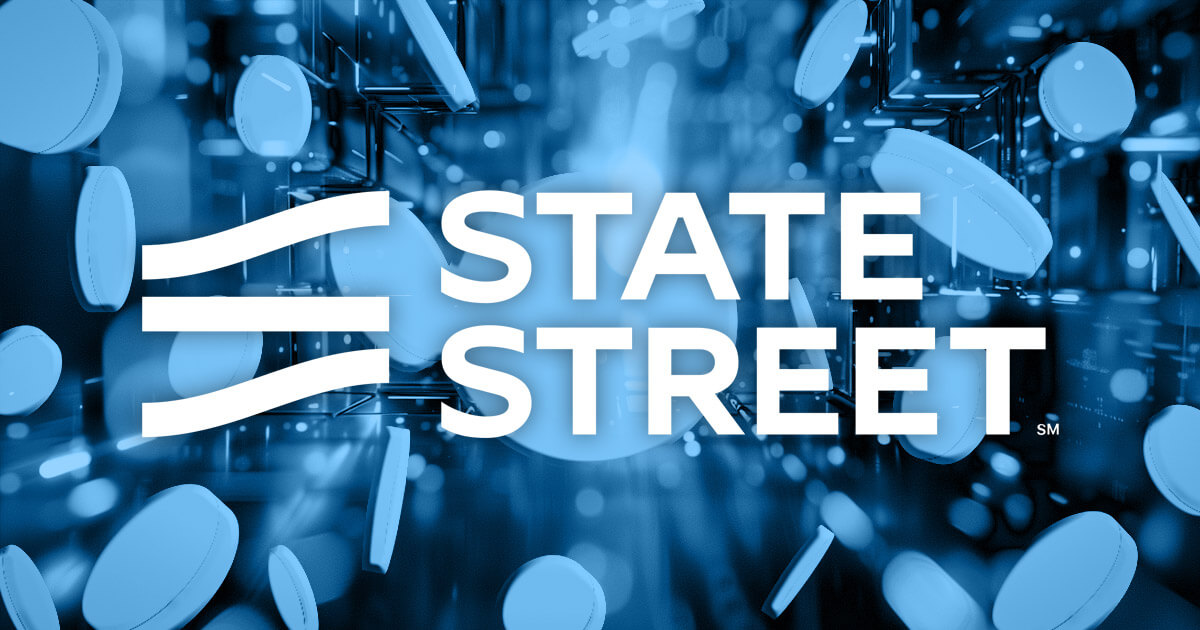TradFi giant State Street Corp. is considering launching its own stablecoin and tokenized deposits in a bid to enhance its payment settlement capabilities using blockchain technology, Bloomberg News reported on July 17, citing sources familiar with the matter.
Sources told the newswire that these initiatives aim to leverage the company’s investment in UK-based payment startup Fnality and join broader “digital-cash consortium efforts.”
The potential move would mark a substantial leap for State Street, which has been gradually integrating into the crypto space, primarily by serving as the fund manager for the spot Bitcoin ETFs launched earlier in the year.
Digital expansion
State Street is also evaluating joining digital-cash consortium efforts and exploring settlement options through its investment in Fnality, which is looking to expand into the US. Fnality, which focuses on blockchain-based payment solutions, is seen as a key player in State Street’s strategy to streamline global payment processes.
The report added that State Street has been ramping up its digital-asset efforts. Earlier this year, the company integrated its digital assets team into its overall business operations, aiming for tighter integration between traditional finance and digital assets.
The firm also provides fund administration and accounting services for spot Bitcoin ETFs and has expanded its digital asset initiatives through a partnership with Galaxy Asset Management to develop digital asset ETFs amid rising demand.
In the coming months, State Street plans to focus on tokenizing assets such as funds. A recently released digital-asset survey of 300 investment institutions by the company found that nearly half of the respondents are prepared to trade digital assets on and off distributed ledgers and blockchains, provided they have the appropriate infrastructure.
TradFi’s growing interest
The company’s interest in blockchain is part of a broader trend among financial institutions to modernize and streamline settlement processes through digital assets.
JPMorgan Chase & Co. has been a frontrunner in blockchain technology for a number of years, having launched its Onyx blockchain and stablecoin, JPM Coin, in 2020. The bank further expanded its blockchain initiatives with the Tokenized Collateral Network in 2023, enhancing programmable payments.
Similarly, Goldman Sachs began trading digitized bonds on blockchain in 2021, indicating growing confidence in digital assets within traditional finance.
The trend is not limited to banks, with PayPal launching its PYUSD stablecoin in August 2023, while BlackRock ventured into asset tokenization with a digital liquidity fund in March after launching the most successful spot Bitcoin ETF.
Deposit tokens, which are digital representations of bank deposits, have also gained traction among traditional financial firms. The Monetary Authority of Singapore’s Project Guardian, launched in 2022, saw JPMorgan as a key participant, further developing the technology for its own applications.
These developments highlight a broadening acceptance of digital assets in mainstream finance.

